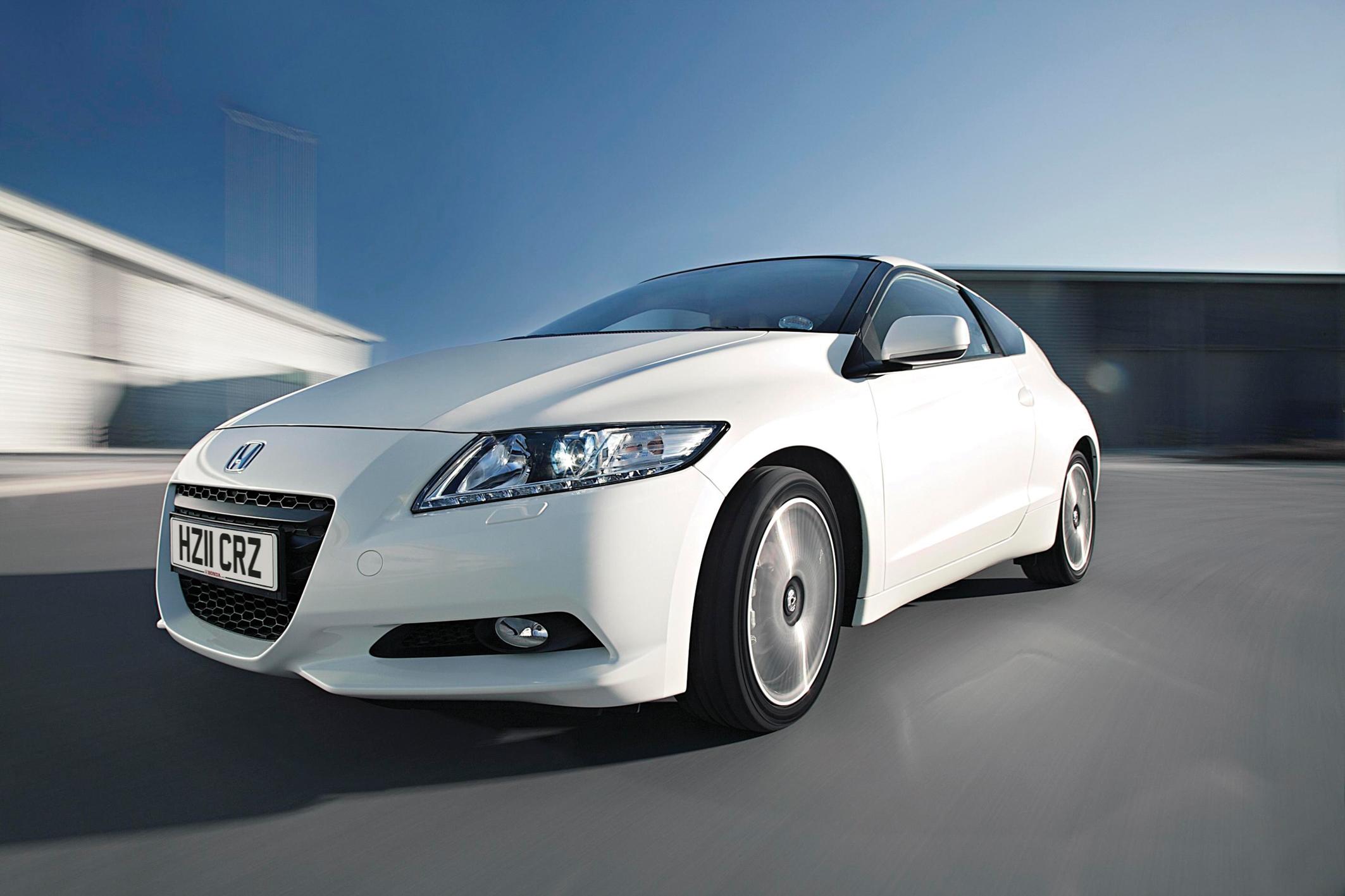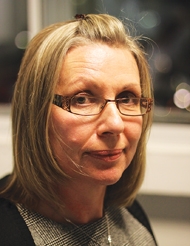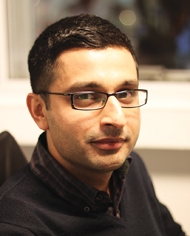FEATURE22 June 2012
All MRS websites use cookies to help us improve our services. Any data collected is anonymised. If you continue using this site without accepting cookies you may experience some performance issues. Read about our cookies here.
FEATURE22 June 2012
Robert Bain hears how town hall research events have helped Honda and its senior managers get closer to its customers – and those of its rivals.

One evening last February, a few dozen people gathered at London’s Royal Garden Hotel to take part in research about their cars. As one of the groups sat down at their table, they were joined by a man who introduced himself as Dave from Honda and spent the evening chatting away with the others about cars, car ads and car dealerships.
Dave from Honda was, in fact, Dave Hodgetts, the UK managing director. At the end of the night he told the research team: “This has been really interesting. I’m going to go away and change things.”
If the role of research is to make the business case for change, that’s the kind of response you want.
Getting closer
The town hall event was run by research agency Walk a Mile, part of the Crayon Group, which has been working with Honda for nearly four years.
Honda already ran ‘customer clinics’, which it continues to hold regularly at dealerships up and down the country. Carrying out research in dealerships rather than viewing facilities is in line with the idea of ‘going to the actual place’ – which, alongside ‘knowing the actual situation’ and ‘being realistic’ forms part of Honda’s philosophy.
But as the questions addressed at the clinics got bigger, the events had to grow too. Hybrid cars were increasingly of interest for the manufacturer, and it wanted to know how to communicate the benefits of these vehicles to new and existing customers. In the run-up to the launch of its CR-Z compact hybrid (pictured), Honda decided to hold the first of what it calls town hall events, bringing together six or seven groups at once. The company has now run several such events, discussing its products, the experience at its dealerships and its marketing. Dealers come along, together with Honda area managers and often more senior people too.
All together now
Walk a Mile’s chairman Mark Runacus describes the events as somewhere between a focus group and a game show. They allow Honda execs from Dave Hodgetts downwards to experience without mediation how customers feel about their cars.
And it’s not only Honda owners who are invited to take part – the company’s bosses have found themselves rubbing shoulders with Volkswagen, Ford and Toyota enthusiasts, and come away feeling it was worth it.
“It’s good to have people from Honda actually seeing and hearing this stuff, rather than us just going back and saying, this is what happened”

Mandy Wartho, Honda
Insights from the town halls have been used to develop the information used in dealerships, and the sales guides given to dealers. In one case a Honda owner quizzed the firm’s head of customers about why a car hadn’t been photographed from a particular angle in promotional materials. “Are you embarrassed by it?” they asked. The firm made sure that future materials were more revealing, to avoid similar suspicions.
Prash Yadave, research manager at Walk a Mile, is a big advocate of the town hall approach. “Imagine that you’ve got 35 people looking around a car, sitting in the car and us capturing that on video and getting people’s verbatims – you’re then able to develop a set of pointers for dealers about what they should be emphasising when they show the car,” he says.
The success of the methodology relies, of course, on the client’s willingness to conduct exploratory research and engage properly with customers. Mandy Wartho, customer insight executive at Honda, who facilitates the sessions, said: “It’s good to have people from Honda actually seeing and hearing this stuff, rather than us just going back and saying, this is what happened. To have the head of marketing actually there, listening and speaking to people, is much more powerful.”
Honda’s head of customer and after-sales Leon Brannan said the insight team has helped bring the firm closer to its customers. “We are proud that they have approached this in a way which is not just innovative to customer service but also innovative to market research,” he said.
Fuelling creativity
Town halls are also great for encouraging creativity, says Runacus, “because you’ve got multiple groups happening simultaneously, bouncing off each other. Typically we have nine moderators in a town hall, so as a group comes up with an idea, another group can take it and work with it. I remember in one event we came up with seven TV commercials. We’re not going to make them – that wasn’t the idea – but what was interesting was the creative thought process that consumers went through, because clearly it helps us identify the benefits and features of a product that they think are important in designing their own ads.”
“We’ve got 35 people looking around a car, sitting in it and us capturing it on video. From that you’re able to develop a set of pointers for dealers about what they should be emphasising when they show the car”

Prash Yadave, Walk A Mile
One of the biggest questions that the town halls have helped answer is why people choose or don’t choose hybrid cars. Wartho says: “The hypothesis was it was going to be all about the environment. That turns out not to be the case – it’s much more the economic factors that persuade people. I think in the very early days it was different, and you still get some who are very environmentally conscious, but mainly it’s about the economics.”
This, Yadave says, was a finding that “we wouldn’t have been able to get to without having all those people in the room at the same time,” and which had a significant influence on how the company communicated the benefits of its cars.
Feedback loop
Both clinics and town halls tie in with a broader programme of research at Honda. Walk a Mile runs a 5,500-strong customer panel called Honda Friends, and occasionally polls on third-party panels when it needs to look at wider issues – including a quarterly tracking survey on alternative fuel vehicles. Ideas arising from clinics can be tested on the panel, and if necessary, fed back into further qual research.
The company runs an extensive customer satisfaction programme, following up every sale with a phone interview, and quarterly showroom traffic surveys that capture the people who didn’t buy a car as well as those who did. Results can be used to help dealers up their game, and to identify those who might benefit most from customer clinics. Researchers have also gone on accompanied drives with Honda owners, and attended superbike races to interview contestants.
Driving change
Runacus is pleased that research is getting heard. “I think it’s great that more marketing managers and customer-facing people in Honda are using research now, whereas they either wouldn’t think of it or they didn’t dare before.”
As well as validating good decisions, research has been able to prevent bad ones, including planned finance deals that didn’t fare well in research, and changes to the messaging used in the firm’s recent “Made in Britain” campaign.
The other benefit of consulting customers is that they like it. Wartho says: “I remember a guy saying to me, he’s bought many different cars over the years but he’s never been invited to talk to the manufacturer.”
At town halls, Runacus says, Honda drivers get to “witness the scale of the consultation”.
“Honda has a responsibility to consult with its customers. Through these town hall events it is being seen to do that, and that does not go unnoticed by customers.”
0 Comments